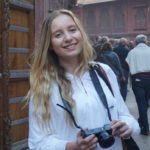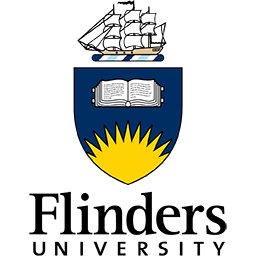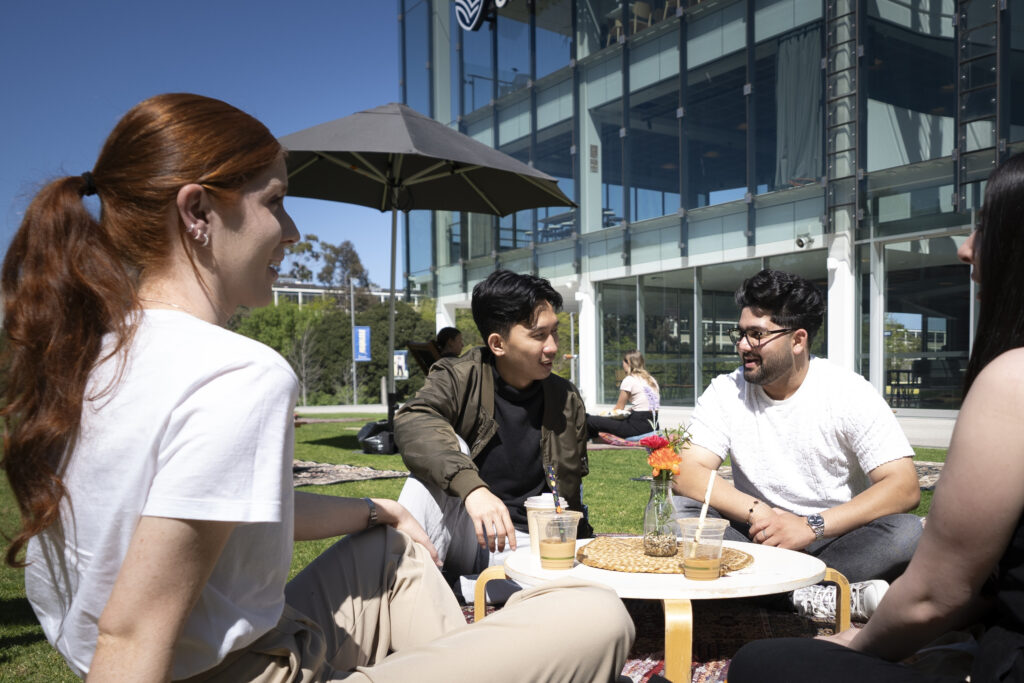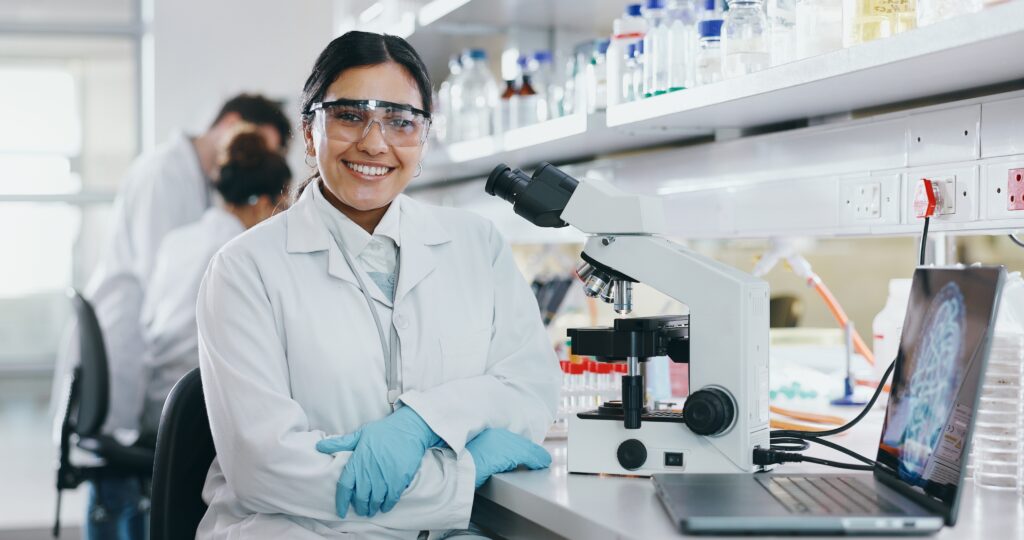Born and raised in Shanghai, China, Keren Wu’s international student journey began when she was still in high school. After finishing year nine in Shanghai, Keren moved to Adelaide to complete her high school education in Australia. Now, Keren is graduating from Flinders University with a Bachelor of Clinical Science and Doctor of Medicine. Along the way, she has won three International Student of the Year awards.
Life in Adelaide
It wasn’t easy for Keren to move away from her home and her parents at such a young age. However, she says she feels lucky to have had a supportive relative to live with and a welcoming school community that helped her adjust to life in Australia.
“For me, it was quite easy to physically settle here because I had a place to live. But it still took a long time to find my place in society,” says Keren. “I had to put myself out there and get involved. I played sports. I volunteered at the library and in the local council’s youth committee. I attended events at the community library a lot, where they host cultural celebrations. I started to meet people and found my place.”
Keren has now lived in Adelaide for so long that she is practically a local. One of the reasons she has stayed is because she loves the laid-back lifestyle of the city.
“Adelaide is definitely cheaper than Melbourne and Sydney,” she says. “It’s a city of reasonable size. It has a very good vibe but not too bustling. I think people here really talk about work-life balance. Now that I’m about to enter the workforce, I know that it’s important to look after yourself and to have both physical and mental wellbeing.”
Pursuing medicine at Flinders University
Keren decided to pursue a career in medicine after completing a work experience program at Flinders Medical Centre during high school.
“The opportunity allowed me to spend one day with a doctor, one day with a nurse, and one day with allied health,” says Keren. “It really gave me a really good overview of what each profession does.”
After high school, Keren chose to study a Bachelor of Clinical Science and Doctor of Medicine at Flinders University.
“It’s a combined degree. I did two years of a Bachelor of Clinical Science, and then the Doctor of Medicine course was four years,” she explains.
Keren’s favourite thing about her course at Flinders University was the clinical placements, which take place in the last two years of the course.
“Everything we learned in the classroom started to make sense once we began doing clinical placements,” she says. “Flinders actually has a campus in the Northern Territory as well, so in the third year, about half of the students get sent to rural areas outside South Australia. I opted to do one in Mount Gambier and my placement there convinced me to do my internship there next year. Throughout the course and my placement, I got to really understand what it actually means to become a doctor.”
Passion for medicine
While Keren has reached the end of her academic journey in medicine, she believes that a medical career means a commitment to lifelong learning.
“Medical knowledge, inventions and skills are evolving very quickly. Even at the highest level, professionals have to update their knowledge. There’s always more to learn,” she says.
“The more I study medicine, the more I love it. It’s a great combination of science and humanities. It’s not just about looking at human bodies and their physiology. We’re treating people, not just diseases. It’s a great responsibility to look after patients. It’s a privilege. Even as students we are given the trust to ask about past medical histories and, with permission, we examine their bodies. Later as doctors, we can propose treatment.”
Achievements
Over the course of her academic journey, Keren has been awarded three StudyAdelaide International Student of the Year awards for her high school, undergraduate and postgraduate achievements.
“These awards are a great way to celebrate achievement and introduce international students to local communities,” says Keren. “When I was at the ceremony, I heard the other students’ stories and I felt so grateful to be there and to know these other excellent people. It encourages more international students to achieve their personal best and gives them role models to look up to.”
Receiving her most recent award in 2019 prompted Keren to reflect on how much she has achieved here in Australia.
“It’s a great way to look back on what I have done. I just wanted to get more involved in the community and student life, but when I looked back at my time altogether, I was surprised that I’ve done quite a lot.”
Extracurricular activities
From peer mentoring and first aid volunteering to medical research, Youth Parliament and student society treasurer, Keren likes to keep busy with a wide variety of extracurricular activities. One of her most rewarding experiences has been getting involved with the Flinders University Rural Health Society.
“I started as a member and later took over the role of junior and then senior representative,” says Keren. “I was involved in the subcommittee that was running an Aboriginal community engagement program in Point Pearce.”
Keren and the other members of the committee worked with community elders and local schools to organise health-related events for the Point Pearce community.
“We spoke to the community Elders and the school leaders about what we can do together,” she says. “We did a Health Day, where the kids could move around different stations and play with the board game Operation and were shown things such as the knee reflex. We spoke about oral hygiene and healthy eating. We communicated everything with the Elders and the principals beforehand and even got invited back to their community events.”
Future plans
After graduation, Keren will start work as a medical intern in Mount Gambier before returning to Adelaide to train as an anaesthetist.
“I’m planning to work in Mount Gambier for a couple of years,” she says. “The experience last year really convinced me to go back. There are very nice people in the hospital community and it’s interesting, because in rural areas you don’t always get the specialist on the ground; things operate in a different way.”
Advice for future international students
Keren’s advice for future international students is to ask for help and to offer help.
“In Australia, if you need help then you just ask for it, so people know that you need it. If you want to get involved and establish connections, then simply ask,” she says. “When you’re settled, it’s good to think about what you can do to give back to the community and how you can offer help in return.”






